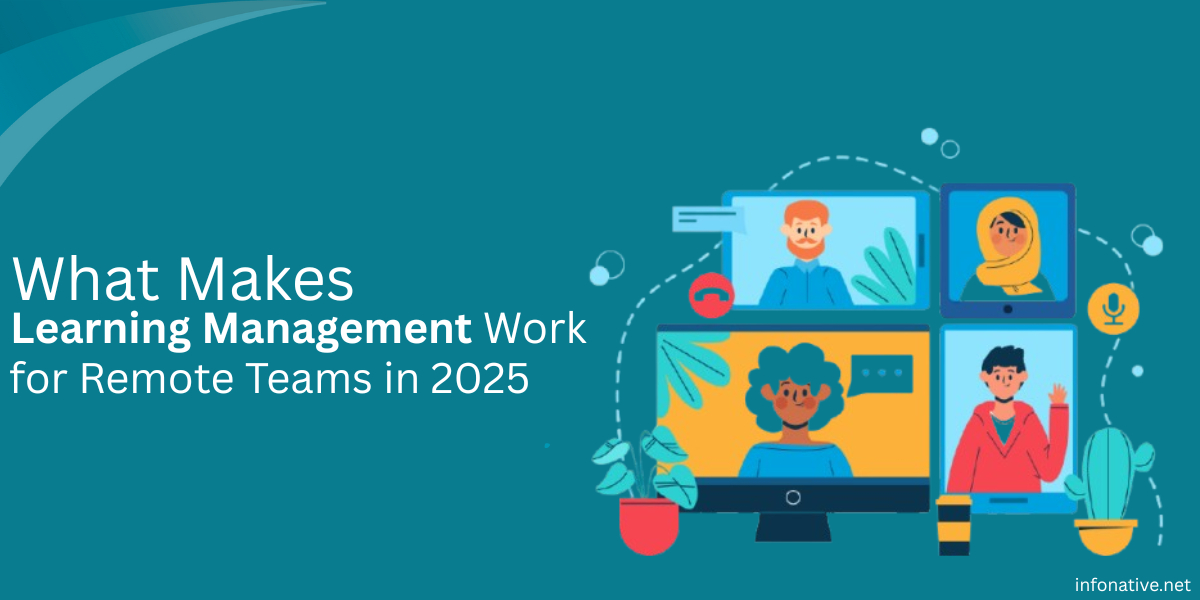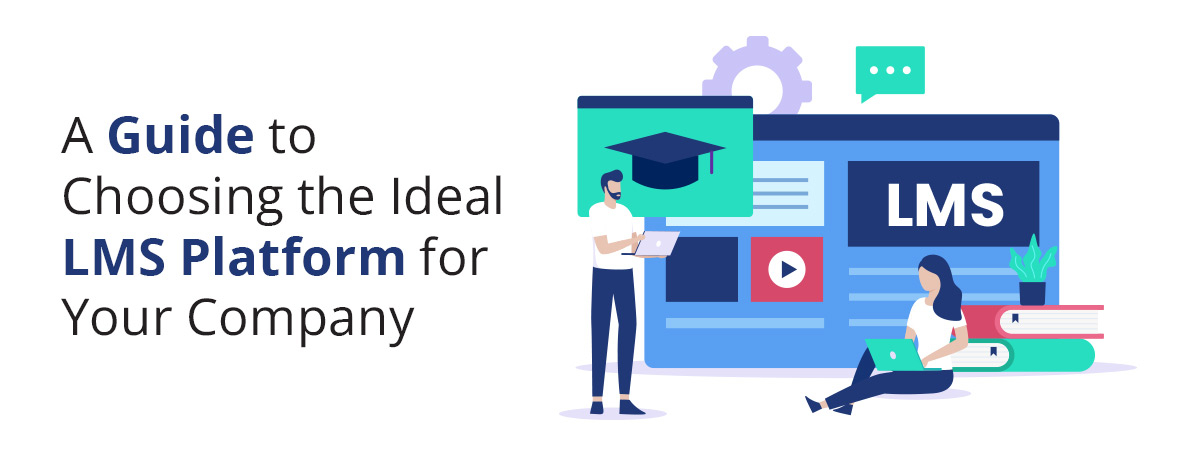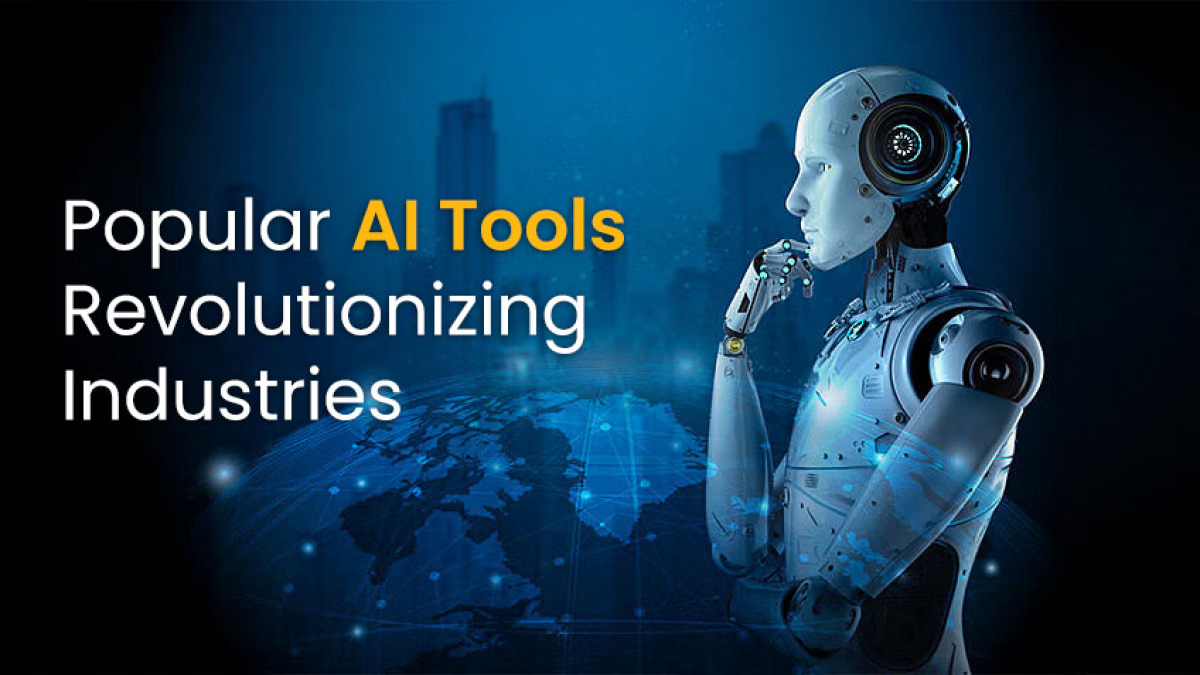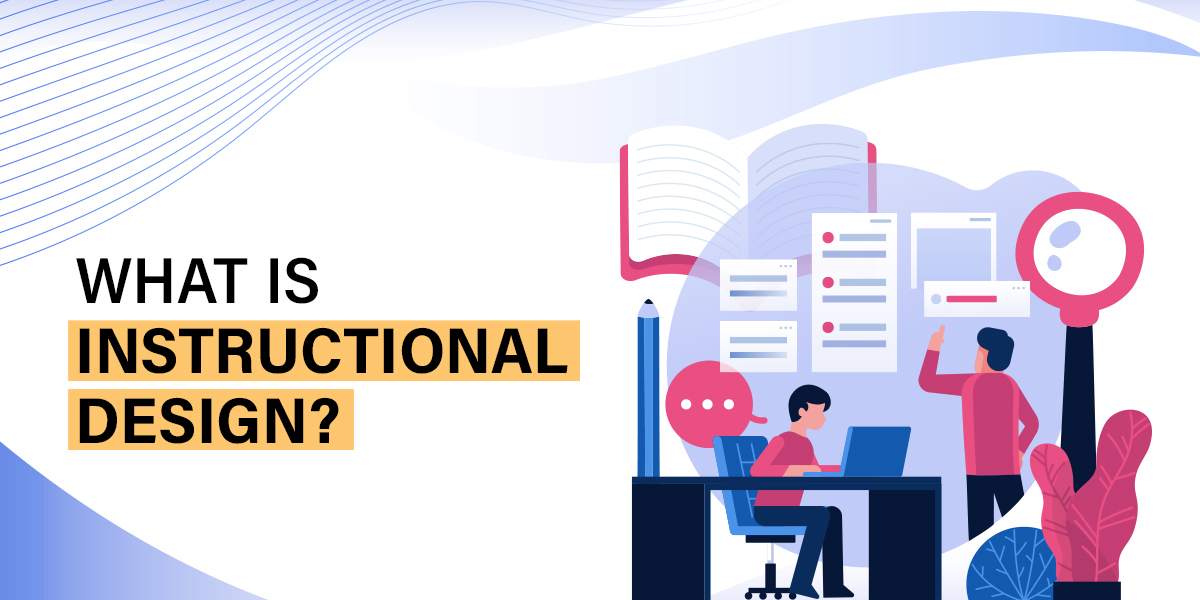The way organizations manage learning has transformed dramatically in recent years. With remote and hybrid work now the standard for many industries, Learning Management Systems (LMS) play a crucial role in building knowledge, enhancing collaboration, and maintaining productivity across distributed teams. In 2025, learning management is no longer about simply delivering online courses—it’s about creating personalized, connected, and measurable learning experiences that empower remote employees.
Personalized Learning Journeys
Remote teams thrive when training adapts to their individual needs. Modern LMS platforms in 2025 integrate AI-driven learning paths, analyzing employee performance and career goals to recommend personalized content. This approach ensures that employees stay engaged while advancing their skills in ways that directly benefit both their roles and the organization.
Seamless Integration With Remote Work Tools
Remote workers rely heavily on platforms like Slack, Microsoft Teams, and project management software. Learning management now works best when it is seamlessly integrated with these tools. Employees no longer need to log into separate systems—training modules, progress tracking, and microlearning sessions are accessible directly within their daily workflows.
Interactive & Collaborative Learning
Gone are the days of static eLearning modules. In 2025, remote teams benefit from interactive simulations, gamification, and virtual classrooms. LMS platforms now incorporate real-time collaboration features such as group discussions, peer reviews, and breakout activities that mimic in-person learning experiences. This helps teams stay connected, even when physically apart.
Mobile-First Learning for Flexibility
Remote employees often work across different devices and time zones. A mobile-first LMS ensures learning is accessible anytime, anywhere. Whether it’s completing a quick microlearning session on a smartphone or accessing detailed resources on a laptop, employees have the flexibility to learn at their own pace.
Data-Driven Insights & Learning Analytics
In 2025, data is at the heart of effective learning management. Organizations track learner engagement, completion rates, and skill improvements through advanced analytics dashboards. These insights allow managers to align training outcomes with business goals, identify skill gaps early, and continuously improve their learning strategies.
Focus on Employee Well-Being & Balance
Effective learning management today recognizes that employee well-being impacts learning outcomes. Remote teams benefit from shorter, engaging modules designed to avoid screen fatigue. Features like self-paced learning, AI-powered reminders, and mindfulness micro-sessions are now part of modern LMS offerings to support holistic development.
Compliance & Security for Distributed Teams
With remote work spanning across geographies, compliance training is more critical than ever. LMS platforms in 2025 ensure that regulatory and compliance modules are easy to deliver, track, and audit. At the same time, enhanced cybersecurity measures protect sensitive learning and organizational data.
Future-Ready Skill Development
Organizations are preparing their teams for emerging technologies like AI, automation, and blockchain. LMS platforms now offer future-focused courses that help employees adapt to rapidly changing industries. By aligning training with future skills, companies ensure remote teams remain competitive and resilient.
Conclusion
In 2025, what makes learning management work for remote teams is its ability to go beyond traditional training. The winning formula combines personalization, collaboration, flexibility, and data-driven decision-making while supporting employee well-being and preparing them for the future. Organizations that embrace these innovations in their LMS strategies will not only enhance employee performance but also strengthen engagement and loyalty in a remote-first world.




